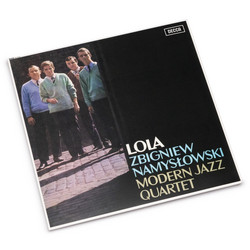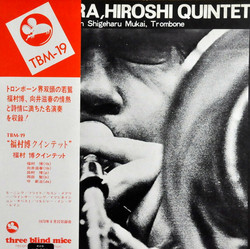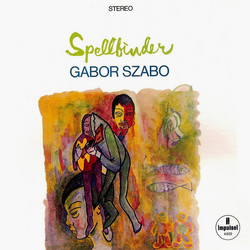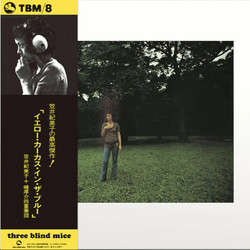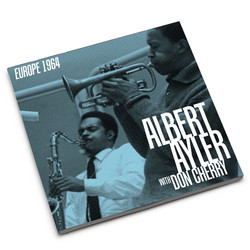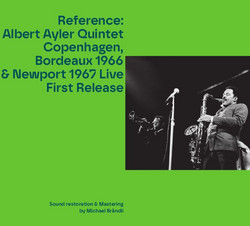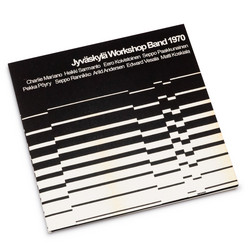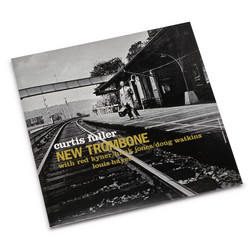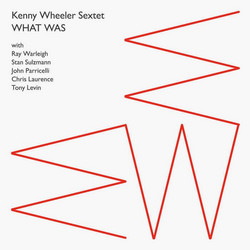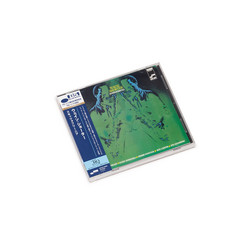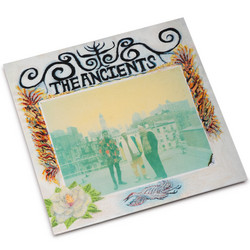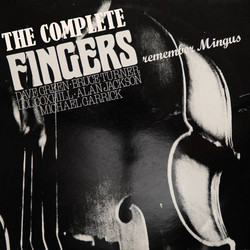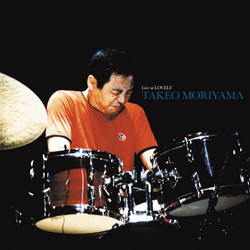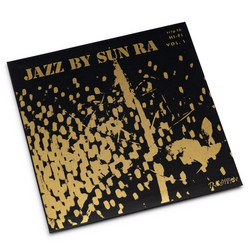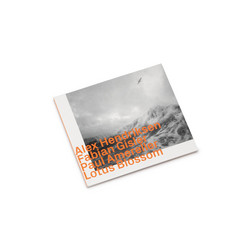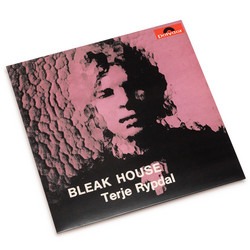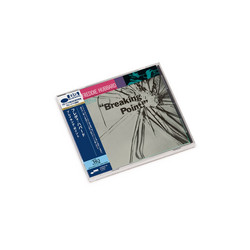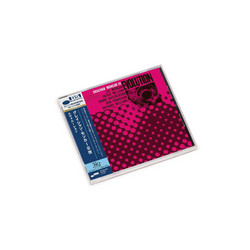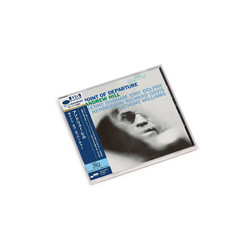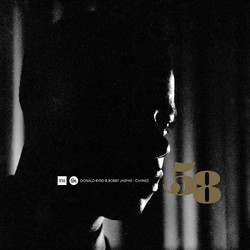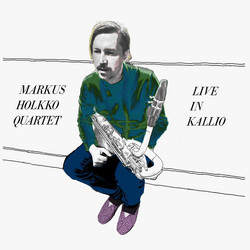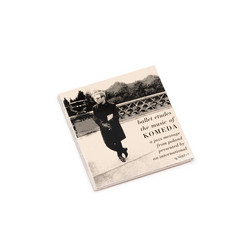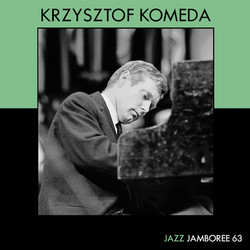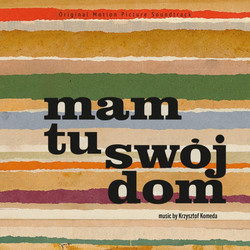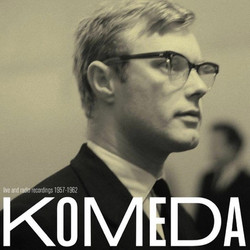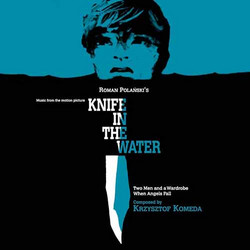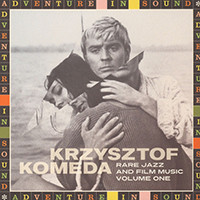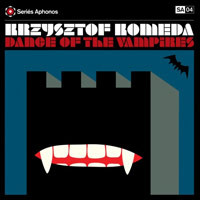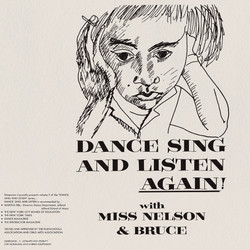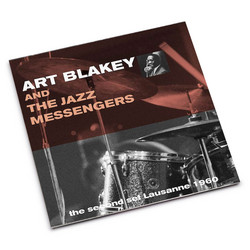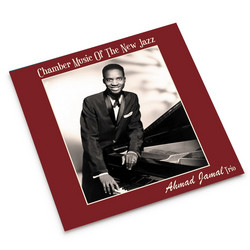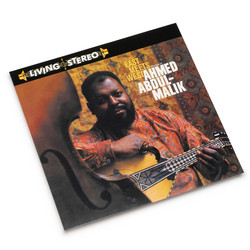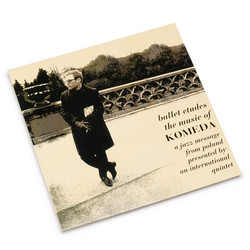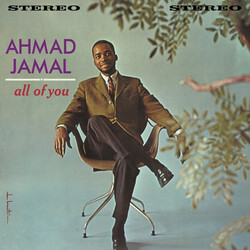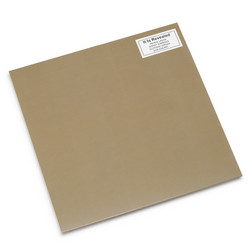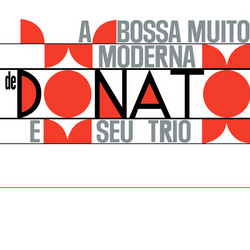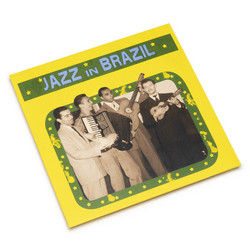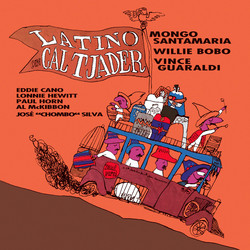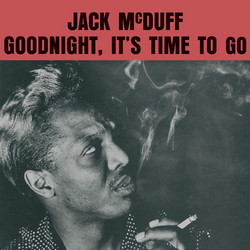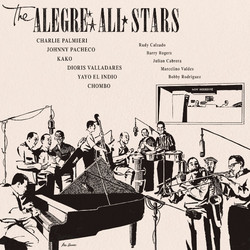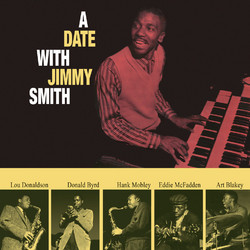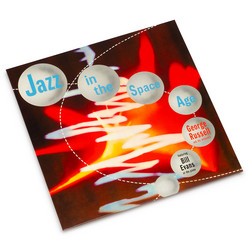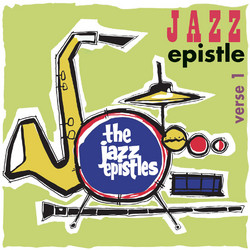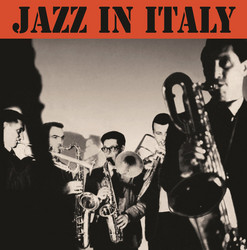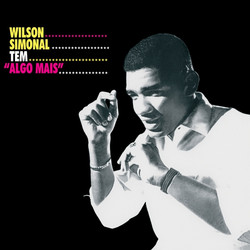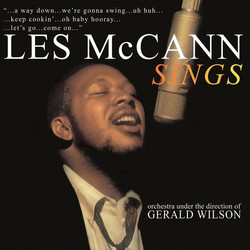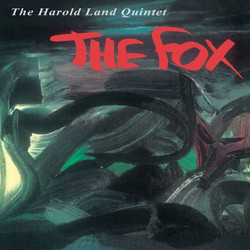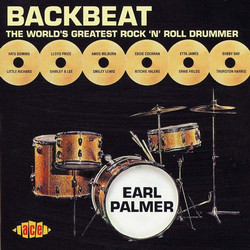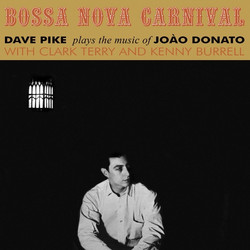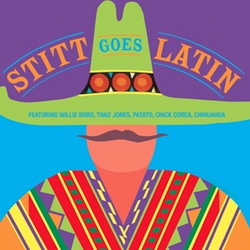Krzysztof Komeda
Live and Radio Recordings 1957-1962 (LP)
The compilation Live and Radio Recordings 1957-1962 stands as a rare beacon from an era when Krzysztof Komeda was fiercely forging his own identity in postwar Polish jazz. Cut from a period when Komeda was transitioning from classical prodigy and budding medical doctor to full-time innovator, these sessions document not just a musician, but a movement in flux. Komeda’s brute curiosity and romantic sensibility permeate every note: his piano erupts with Slavic nostalgia, swings with urbane precision, and meanders among shadowy modal landscapes, each improvisation illuminating new routes for future generations.
Gathered here are broadcasts and stage performances where Komeda leads tight ensembles including the iconic Jazz Believers group and collaboration with Scandinavian and Polish contemporaries. The sound is immediate, urgent: his keening lyricism finds a counterpart in the poised saxophone lines of Wojciech Karolak or the introspective trumpet of Alan Botschinsky, while rhythm sections, at times tentative, are rendered rapt through Komeda’s restless push for modernity. The effect is not academic distance, but a living dialogue between jazz’s American roots and fresh European possibilities - what Komeda himself called “personal music,” made without concession to fashion or market, and shaped by the melancholy and resilience of his war-haunted childhood.
In these formative years, Komeda’s voice emerges unshakably distinct: his jazz isn’t mere imitation or local color, but a philosophical inquiry into sound, space, and feeling. Live on radio or on packed stages from Poznań to Copenhagen, the performances contained in this collection offer not only virtuosic playing but a parallel argument for jazz as both memory and transformation. With his hallmark lyricism, daring harmonies, and cinematic textures, Komeda was laying the groundwork for “Astigmatic” and future masterpieces, balancing introspective beauty with bold improvisational risks.
Live and Radio Recordings 1957-1962 is essential listening for anyone tracing the arc of European jazz or seeking the liminal moments when tradition yields to experiment. It remains a testament to Komeda’s belief that jazz could absorb solitude as well as ecstasy, that music’s poetic logic might transform even fraught history into new possibility. This collection binds together the early pulse of a legend, still searching, still daring, and permanently open to the tensions of the world around him.
